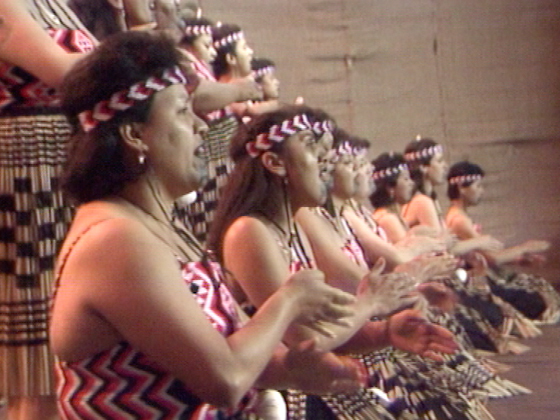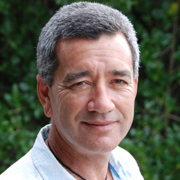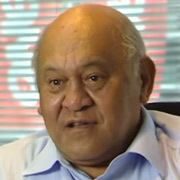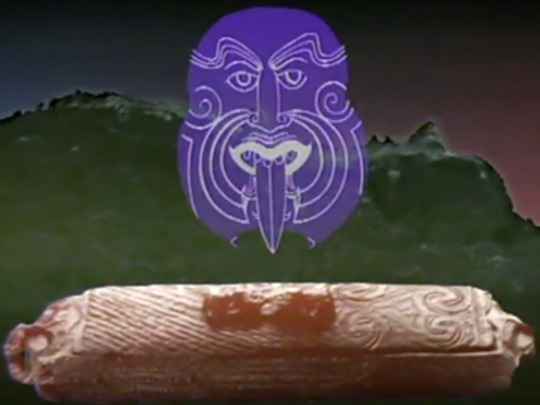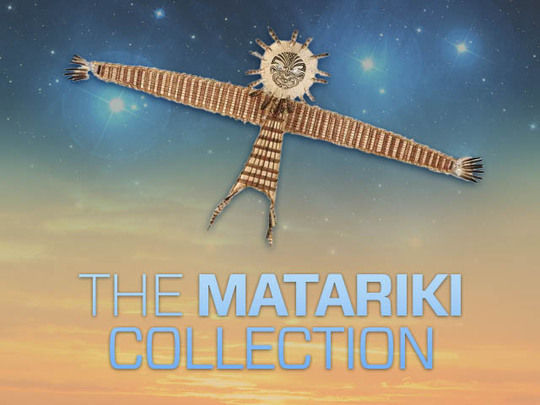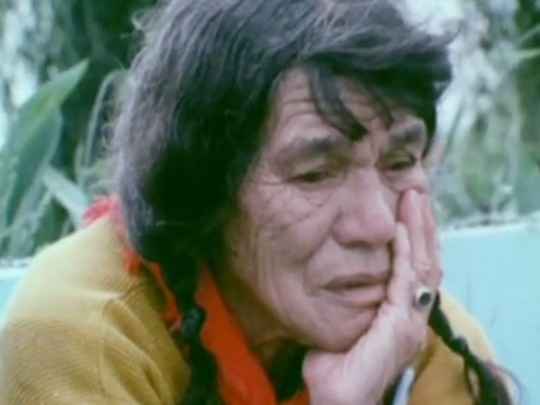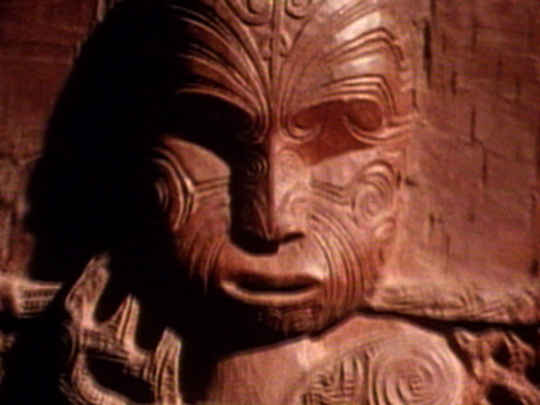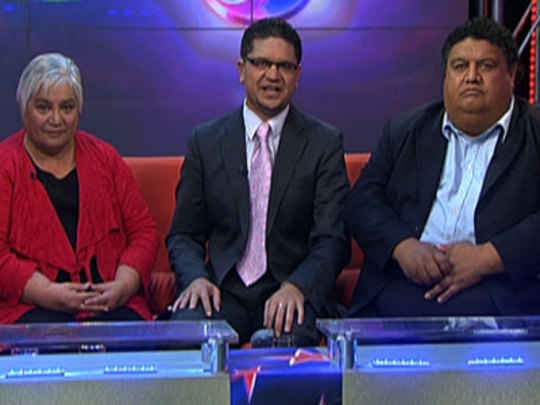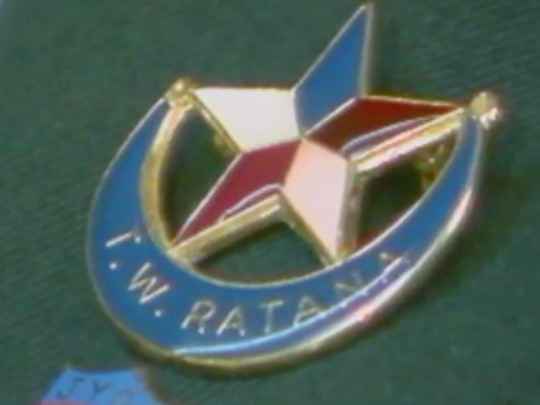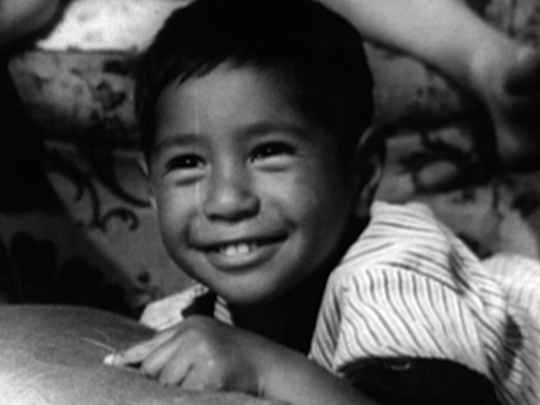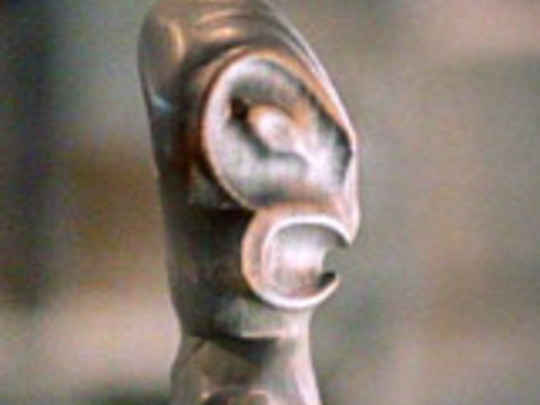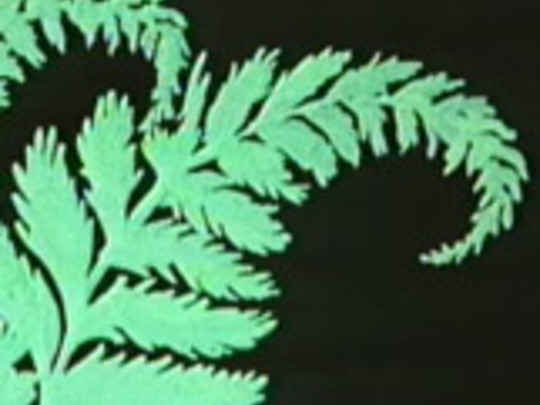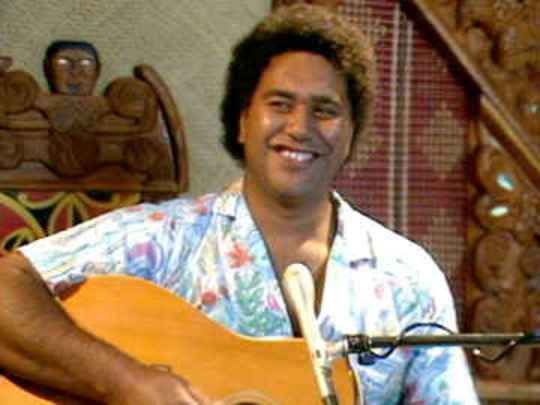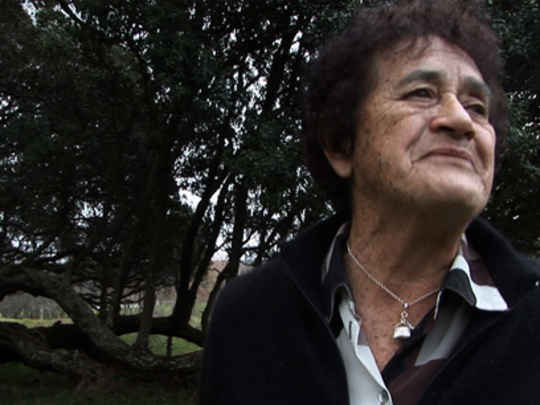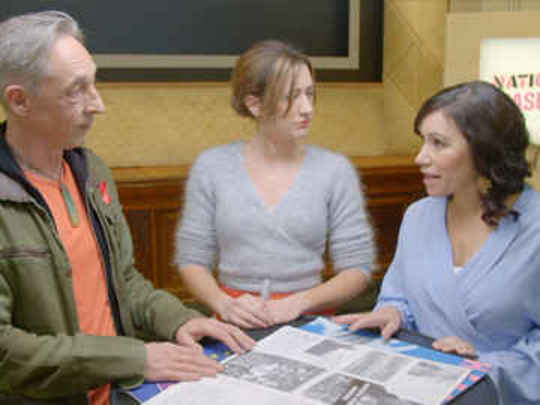Waka Huia - First Episode
Television (Full Length Episode) – 1987
This title has two backgrounds:
A Producer's Perspective
During the Te Māori exhibitions in North America and New Zealand in the mid 1980s, Ernie Leonard, who was later to become TVNZ's first Head of the Māori Programmes Department, asked the question, "What would happen if the planes carrying all those kaumatua were to crash?" What would happen to all that knowledge of Māori tradition, karakia and reo? It would be lost.
We discussed this long before the Māori Programmes department was officially set up, and we decided to set up a team with its own camera equipment, sound gear, vehicles and editing gear, completely dedicated to a show that collected the kinds of stories that would help preserve the knowledge of Māori elders.
We knew there was no money to allow this to happen, so an approach was made to Tamati Reedy, Secretary of Māori Affairs. He supported the idea, as did Wiremu Kaa, whose role in the Education Ministry was Māori education. They both set aside $100,000 each year to enable a team to collect stories from Māori elders around the country.
The $200,000 in the kitty was not enough to enable this work to be done, so an approach was made to the Director-General of TVNZ to match the money given by Māori Affairs and Māori Education. He agreed to add $100,000 to enable the work to proceed.
All this was taking place in late 1986, and by the beginning of the following year we were ready to hit the road. We had all the equipment and we'd managed to get about eight people on board to work on the series when we hit our first snag — it was a big one.
Our elders, who had the stories we wanted, refused to talk on camera. We were all dressed up and had no dance to go to. We kept getting refusals until we took a punt and took our team and their equipment to Waitangi in February 1987. After a few knockbacks from some of the kaumātua [elders], Sir James Hēnare, the well-respected elder from the north, agreed to talk to us.
We chose the front of the meeting house to record our show. Dame Mira Szászy, former President of the Māori Women's Welfare League, approached us and said, "If it's good enough for Sir James, I'll talk — if you think I might make a contribution."
There was a complete change of attitude in the north and as we recorded more from that area, other tribes asked if we might like to travel to their marae. All this took place 22 years ago and Waka Huia still records stories that can be repeated many times, over many platforms.
Waka Huia is a series presented completely in Te Reo Māori. It records and preserves Māori language, history and customs. Waka Huia travels extensively to retell tribal histories. It sets a high standard of reo, seeking to interview only fluent speakers. Waka Huia also covers some of the social and political concerns of the day, taking a snapshot of Māori history. A waka huia is traditionally a treasure box to hold the revered huia feather and other taonga.
It's most gratifying to know that many universities, colleges of education and libraries have tapes of Waka Huia for their students and members of the public.
-Whai Ngata, ONZM, who passed away in April 2016, became a newspaper journalist after various jobs, including time on the family farm in Ruatoria. After seven years at Radio New Zealand, he joined Television New Zealand in 1983. Recruited by Ernie Leonard to help establish TVNZ's Māori Department, he would spend 14 years as its head.
